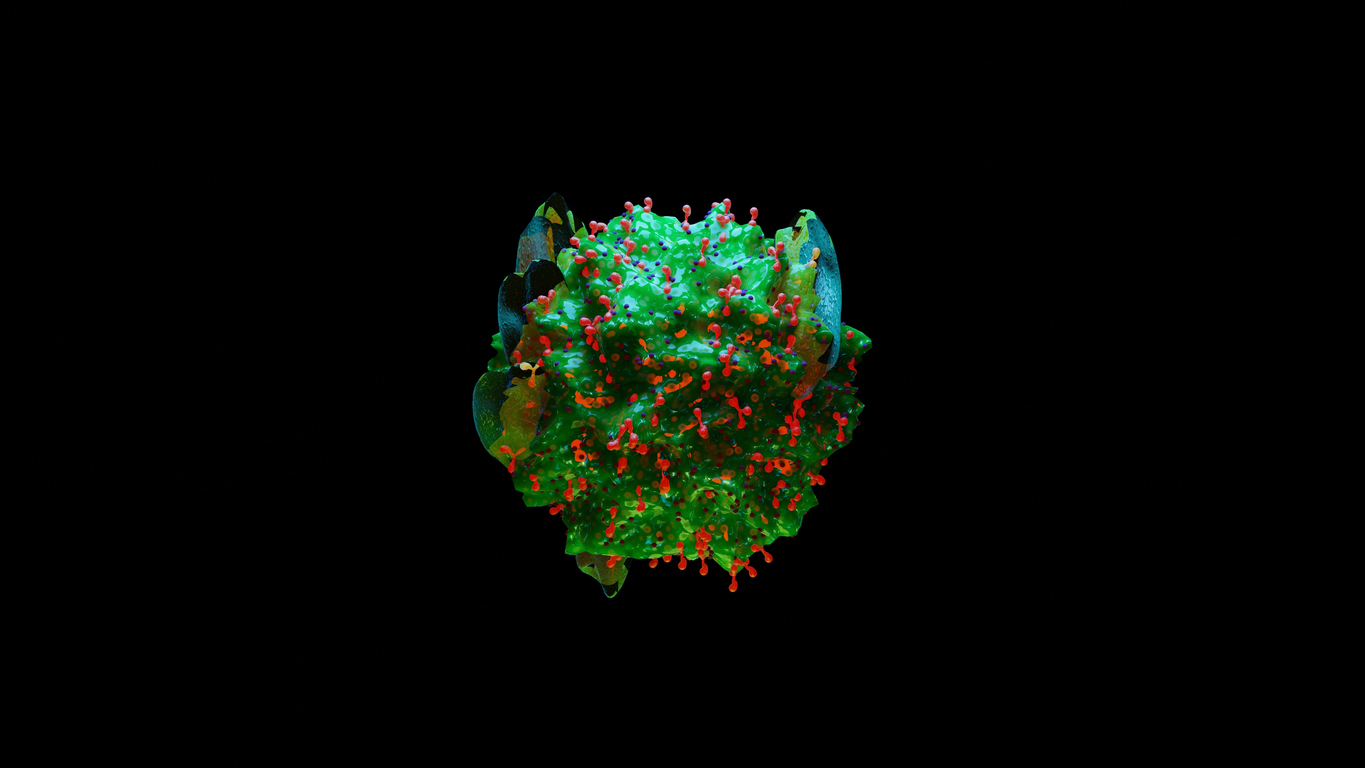Pain
What Is Mast Cell Activation Syndrome (MCAS)?

Mast cell activation syndrome (MCAS) is a condition that impacts the body’s mast cells. Mast cells grow in the skin, airway, gastrointestinal tract, and bone marrow. They are blood cells that play a part in the immune system, and are also involved in allergic reactions. They release chemicals called “mediators” when the body encounters an allergen.
In mast cell activation syndrome, the mast cells release too many mediators when exposed to allergens or other substances, resulting in severe allergy symptoms. This causes problems with the heart, skin, neurologic system, and gastrointestinal tract. Although there is no cure for MCAS, treatment typically involves the avoidance of triggers and medication for symptom management.
Symptoms
The symptoms of mast cell activation syndrome often present as allergy symptoms due to the release of histamine. The allergy symptoms typically act to repair and protect the body from allergens; however, symptoms are harmful for those with MCAS. Symptoms can range from mild to life-threatening. Most frequently, signs of MCAS begin to appear in adulthood, although they can occur at any age. Symptoms include the following:
- Itching, flushed, swollen or sweaty skin
- Hives or rash
- Irritated, itching or watery eyes
- Itching or running nose
- Swollen or itchy mouth or throat
- Wheezing or trouble breathing
- Low blood pressure or rapid heart rate
- Abdominal pain, cramping, nausea, vomiting, constipation, or diarrhea
- Headache or confusion
- Fainting or fatigue
- Mucus buildup
- Anaphylaxis
- Chronic pain
In severe cases, individuals can experience life-threatening symptoms of anaphylaxis, which includes a rapid drop in blood pressure, weak pulse, narrowed airways, and difficulty breathing. Individuals experiencing any of these symptoms should seek immediate medical attention.
Causes
The exact cause of mast cell activation syndrome is unknown. Current research suggests a genetic component.
Triggers
Health care professionals currently classify MCAS by triggers. Common triggers include the following:
- Allergy-type triggers, such as insect bites, reptile venom, or foods
- Drug-induced triggers, including antibiotics, ibuprofen, opioids, or other medications
- Stress-related triggers, such as anxiety, pain, quick temperature changes, exercises, fatigue, or infection
- Smells, including perfume, cologne or smoke
- Certain infections
If MCAS cannot be classified by a specific trigger, it is referred to as “idiopathic”.
Risk factors
As there is no clear cause of mast cell activation syndrome, there is limited information on which factors may contribute to increased risks.










